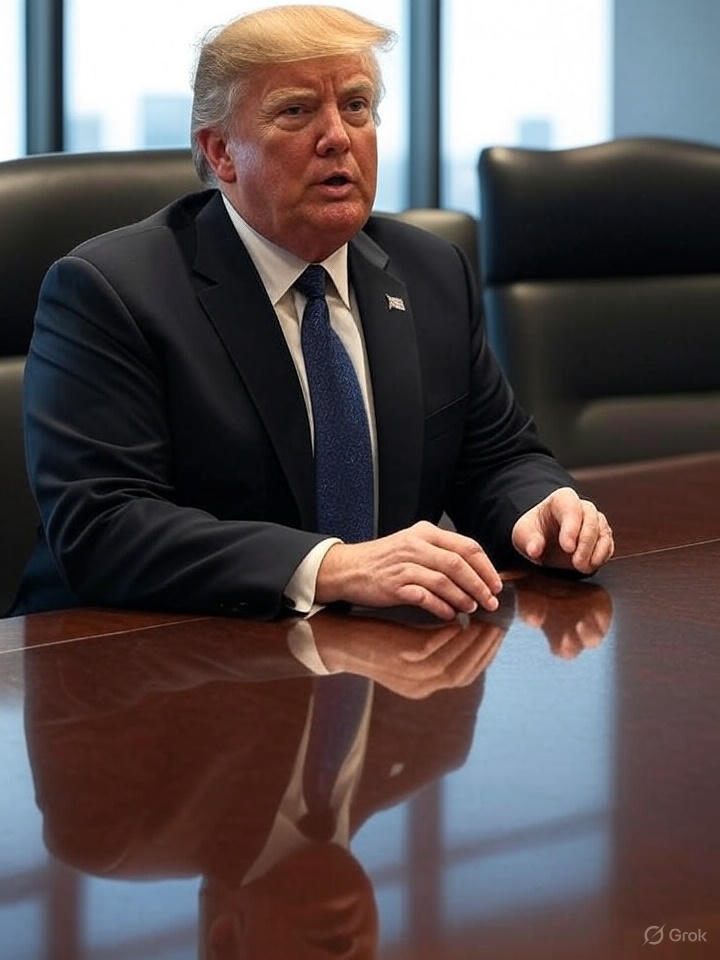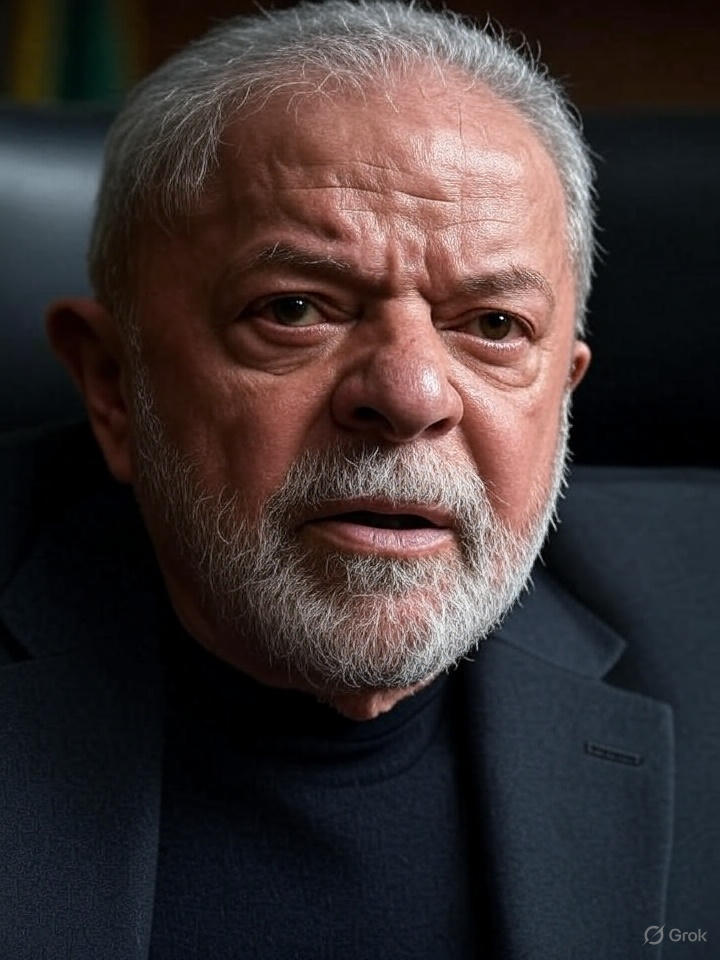On July 30,31, 2025, Brazilian President Luiz Inácio Lula da Silva defiantly refused demand from former U.S. President Donald Trump to drop the criminal prosecution of former President Jair Bolsonaro. Trump responded by imposing a 50% tariff on most Brazilian exports and sanctioning Supreme Court Justice Alexandre de Moraes, who is leading Bolsonaro’s trial. The move underscores a deepening rift between Washington and Brasilia over trade, sovereignty, and legal independence (The Guardian).
Key Developments
U.S. Control Demand Met with Refusal
Trump, in a July 9 letter, publicly urged Lula to end the criminal case against Bolsonaro who is accused of orchestrating a coup attempt following his 2022 electoral defeat. Lula rejected the demand, citing Brazil’s constitutional separation of powers and insisting that its judiciary, not foreign leaders, determine legal outcomes (The Guardian).
Tariffs and Sanctions Announced
In retaliation, Trump announced a 50% tariff on Brazilian goods, effective from early August. Though severe, this rate supplements the existing 10% baseline and excludes certain sectors such as civilian aircraft, energy products, and orange juice to avail limited exemptions (Reuters).
Simultaneously, the U.S. imposed sanctions on Brazilian Supreme Court Justice Alexandre de Moraes under the Global Magnitsky Act, citing allegations of censorship, arbitrary detentions, and politically motivated prosecutions related to Bolsonaro’s trial. His assets in the U.S. are frozen, and visa restrictions apply(Globedge).
Implications for U.S. Latin America Relations
Brazilian Response: Protective Assertiveness
President Lula framed Trump’s actions as an attack on Brazil’s judicial independence and national sovereignty. He convened an emergency meeting and pledged to invoke Brazil’s new Trade Reciprocity Law, promising retaliatory tariffs if U.S. measures persist. Analysts view Lula’s stance as fortifying his popularity, especially in advance of Brazil’s 2026 election (en.wikipedia.org).
Political Leverage via Trade
Trump’s strategy integrates trade policy with political objectives leveraging economic force to influence Brazil’s internal judicial proceedings. This marks one of the most direct uses of trade leverage in Latin America this year (AP News).
Economic Consequences
Despite a U.S. surplus with Brazil in 2024 (~US $253 million), Trump justified the tariffs by accusing Brazil of unfair trade practices and persecuting Bolsonaro allies. Top Brazilian exports like coffee, beef, aircraft, and orange juice could be disrupted though some exemptions limit near-term damage (en.wikipedia.org).
Brazil’s Finance Minister, Fernando Haddad, has acknowledged that a trade deal may not be reached before the August 1 deadline. Businesses are scrambling to adjust export plans, with contingency strategies to divert goods to other markets (Reuters).

Broader Context & Stakes
- Bolsonaro’s Coup Case: At issue is the prosecution of Bolsonaro for allegedly plotting to subvert Brazil’s democratic transition in 2022. De Moraes has led investigations into coup plots, arrests without due process, and social media censorship orders including actions against U.S. based platforms.
- Latin America Pressure Campaign: Trump’s actions form part of a wider pattern of coercive diplomacy across Latin America where trade and sanctions are tied to political alignments and legal cases involving Trump era allies (en.wikipedia.org, Vox).
- Regional Divides: Lula’s assertive posture signifies growing stratification within the region between countries willing to align with U.S. political priorities and those emphasizing sovereign legal authority.
Summary Table
| Issue | Details |
|---|---|
| Bolsonaro Case | Prosecution overseen by Justice de Moraes; Lula defends judicial independence |
| U.S. Demands | Trump demanded trial be dropped; Lula refused |
| Tariff Action | 10% baseline + 40% supplementary (50% total) for most Brazilian goods |
| Sanctions | De Moraes asset freeze and visa ban via Global Magnitsky Act |
| Brazil’s Response | Lula asserts sovereignty; legal team prepares WTO complaint; reciprocity poised |
| Economic Stakes | Risk for Brazilian producers; U.S. importers face higher costs |
Final Analysis
This showdown symbolizes a rare escalation in U.S. Latin American diplomacy where trade penalties and political pressure intersect with legal proceedings inside another sovereign nation. Lula’s refusal to yield on the Bolsonaro trial reflects a broader emphasis on domestic judicial independence and national dignity.
For the U.S., connecting trade measures to the prosecution of a former head of state represents a new frontier in political coercion. But while Trump positions himself as defending Bolsonaro, experts warn that the strategy may backfire boosting Lula’s approval and isolating Bolsonaro and his allies politically.
As the August 1 deadline approaches, the outcome hangs in the balance: whether Brazil caves in or doubles down on its defiance may fundamentally shape the next phase of the hemisphere’s geopolitical order.

